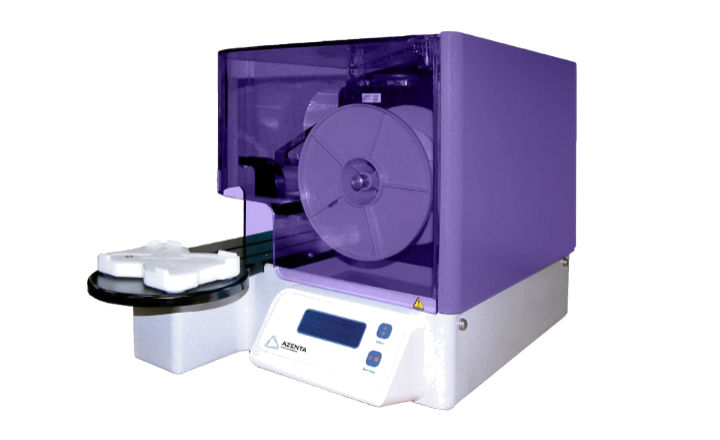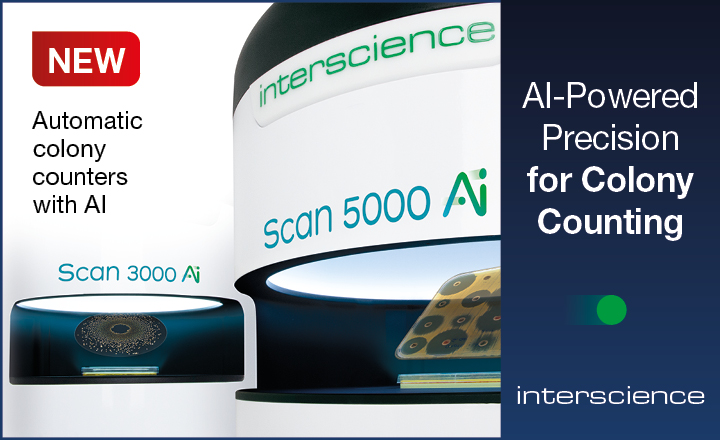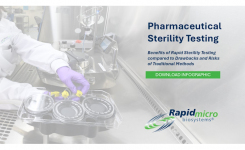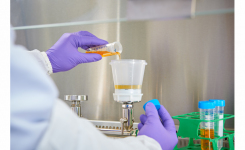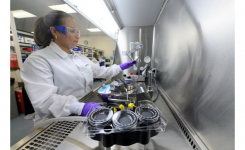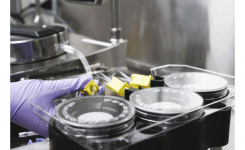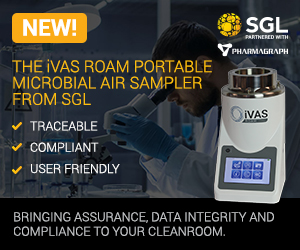Automating a QC micro lab can also ensure data integrity and compliance by reducing manual errors and variability. Use cases have demonstrated that automation can result in a more than 65% reduction in deviations and can help prevent major compliance issues. This continues to be critical, because the cost of a single FDA action can include hundreds of hours of work.
Obviously, biopharmaceutical leaders have more than their fair share of challenges to manage. Even though they are pulled in many different directions, the most effective leaders will occasionally pause to take a broader view of the total QC lab environment and the ways in which their labs may be under-performing. Doing this well can lead to innovative solutions that result in a higher performing QC micro lab and a more empowered team.
Speed, Scale, Scope
To support your own lab performance analysis, let’s look at three areas that should be priorities when creating an optimized lab environment.
Key #1: SPEED
How can you improve your lab’s speed? Employing digitization and rapid detection for some or all QC Micro processes can have an immediate impact on the speed of manufacturing. Solutions such as the Growth Direct® System can automate the entire process and cut the time needed to complete a test by half, saving time and eliminating the risks of human error.
Key #2: SCALE
The scale of manufacturing is also radically changing, with commercial manufacturing of some therapeutics and vaccines measured not in millions of doses, but in billions. Companies will have to scale up their manufacturing as well as their QC testing to support this level of manufacturing. Post-pandemic, the drug and vaccine manufacturers that have successfully expanded their scale in safe and effective ways have a clear advantage in the marketplace, while being better prepared for the next pandemic.
Automating slow, error-prone, manual QC processes allows manufacturers to confidently accelerate their bioprocessing, maximize capacity, and reduce operational risk and downtime – all while maintaining the highest standards of data integrity.
Key #3: SCOPE
Biopharmaceutical manufacturing includes newer treatments like cell and gene therapies, in addition to monoclonal antibodies, vaccines, and tissue and blood products. The processes for these complex therapeutics demand new standards for automation, sterility, speed, and quality. Unfortunately, traditional microbial QC test methods fall short due to several drawbacks:
- Slow to yield results
- Labor-intensive
- Prone to human error
- Vulnerable to tampering
- Incompatibility with the need to accelerate manufacturing and time-to-patient workflows
How can rapid automation help your lab expand its scope? In addition to minimizing necessary test steps for faster results, think about advanced data and reporting capabilities and seamless integration with a wide range of laboratory information management systems (LIMS). These could be the cornerstones of a paperless solution robust enough to support your needs for risk mitigation, regulatory compliance, and increased patient safety.
Unlock Your Lab's Potential
Digitalization and automation of the QC Micro lab are critical to the future of biopharma manufacturing, increasing speed and capacity even as they help elevate the level of attention paid to patient safety. To face that future with confidence, we invite you to contact Rapid Micro Biosystems or use the Request Information button below to connect directly by email.




